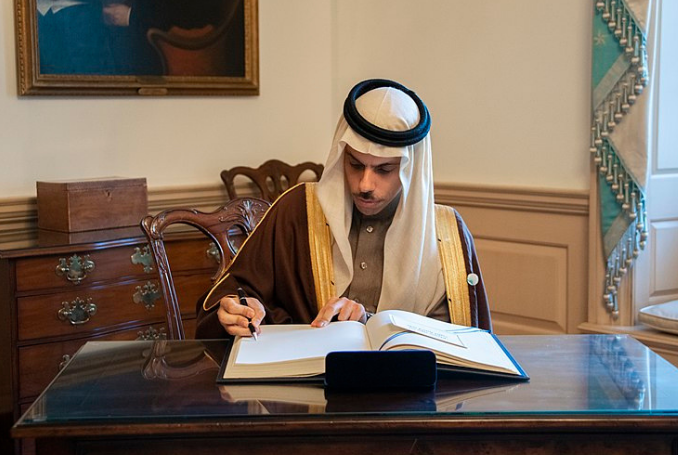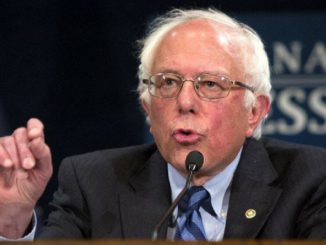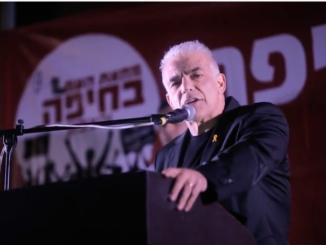
Normalization with Israel would bring “tremendous benefit” to the region, the Saudi foreign minister has said, but such an accord with the kingdom would depend on progress in the Israeli-Palestinian peace process.
Under the “Abraham Accords” brokered by former US President Donald Trump last year, four Arab countries – the United Arab Emirates, Bahrain, Morocco, and Sudan – agreed to normalize ties with Israel.
Saudi Arabia's Foreign Minister Prince Faisal bin Farhan al Saud says a deal normalising ties with Israel would be ''highly beneficial'' for Mideast region pic.twitter.com/UOJZOqc3fM
— TRT World Now (@TRTWorldNow) April 2, 2021
But Saudi Foreign Minister Prince Faisal bin Farhan said Thursday that any deal with Saudi Arabia was “very much dependent on progress with the peace process”.
“I think normalizing Israel’s status within the region would bring tremendous benefit to the region as a whole,” he said during an interview with CNN.
“It would be extremely helpful both economically but also socially and from a security perspective.”
Gulf powerhouse Saudi Arabia has repeatedly affirmed its decades-old policy of not establishing formal ties with Israel until a deal is reached to resolve the conflict with the Palestinians.
WATCH: Saudi Arabia's Foreign Minister says normalising relations with Israel would benefit the region in many ways, and open up the door to direct flights from Tel Aviv pic.twitter.com/GQ9ssBj1gV
— Middle East Eye (@MiddleEastEye) April 2, 2021
But mutual concern over Iran has gradually brought Israel and Gulf countries closer, and Riyadh has quietly been building relations with Israel for several years.
Reports in November that Israeli Prime Minister Benjamin Netanyahu held secret talks in Saudi Arabia fuelled speculation that a normalization accord with the Gulf’s top power could be in the making.
Riyadh, however, denied the meeting had taken place.
Arab and Muslim-majority states have historically refrained from building economic and diplomatic ties with Israel out of solidarity with the Palestinians.
Last year’s US-brokered accords were met with protests in many Arabic-speaking and Muslim-majority nations.
(The New Arab, PC, Social Media)







